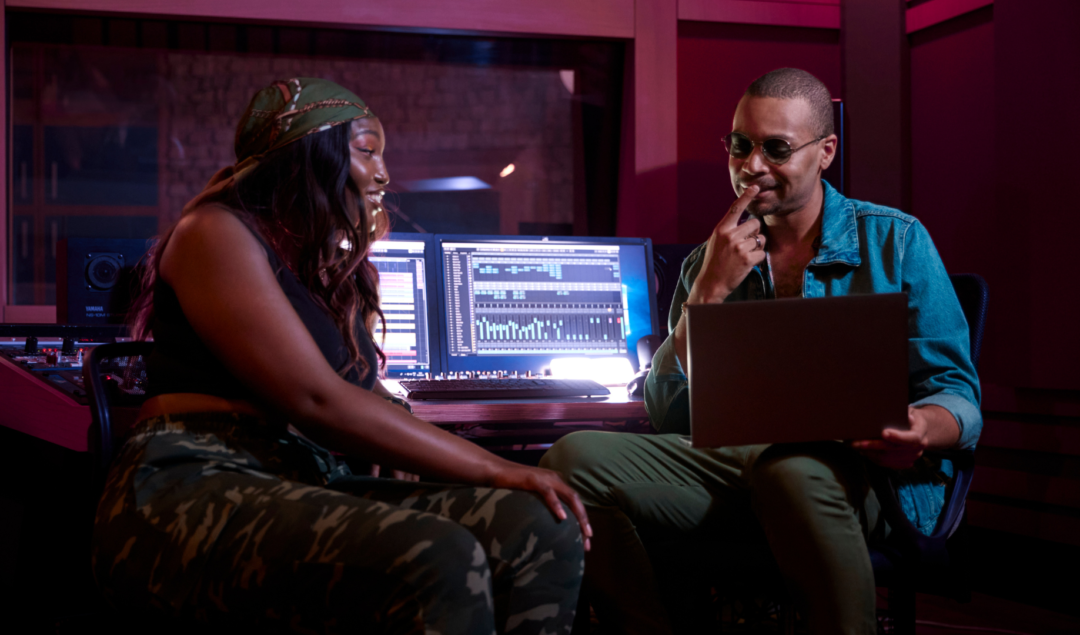Black AI Engineer Secures Government Grant For Free Tool That Isolates Vocals And Backing Music

Black-owned music tech startup AudioStrip has won grant funding from the British government’s ‘AI in the Music Industry‘ Innovate UK fund.
AudioStrip
AudioStrip is a free online tool musicians use to split vocals from the backing music in audio files.
It uses AI and Deep Learning, trained on large music datasets, to give users the best results and allow them to separate music quickly.
The website uses the music source separation results from research.
It is intended to make the AI models easier to use for musicians without requiring them to have advanced technical expertise to use this AI otherwise.
Before AudioStrip, founder Basil Woods was a machine learning scientist and machine learning engineer; however, he also liked to make music.
He created the website as a hobby after noticing that there wasn’t any easily accessible technology to separate stems.
The technology is similar to what was used to recover a pure extract of John Lennon’s voice from a cassette recording and release the 2023 Beatles track ‘Now and Then.’
The Government AI In Music Industry Innovate UK Fund
AudioStrip is one of the six leading organizations to be awarded grant funding from the government’s £1 million ‘AI in the Music Industry’ Innovate UK Fund.
The competition’s aim was to advance the development of AI products and services within the global music supply chain that benefit and strengthen the UK Music Sector.
AudioStrip will use the funding for its project with the Centre for Digital Music at Queen Mary University in London, based on its AI-powered source separation technology.
“This technology is sweeping the music industry,” said Woods in a statement. “AudioStrip will offer more advanced tools for precise separation of individual elements in audio files.”
“By partnering with Queen Mary, we aim to elevate music source separation technology beyond industry benchmarks, making it an indispensable tool for DJs, independent artists, producers and licensors.”
Their goal is to automatically identify music elements from any given song – including vocal, instrumental, drums, bass, piano, electric guitar, acoustic guitar, and synthesizer – and extract them into independent tracks without losing quality.




